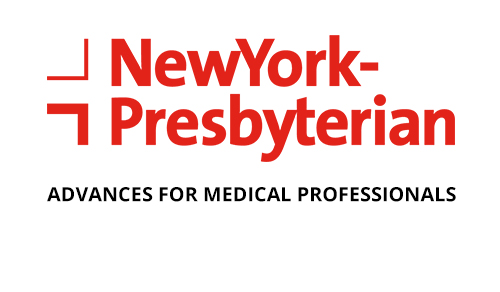TAVR Marks Another Milestone
A multicenter clinical trial has found that transcatheter aortic valve replacement (TAVR) performed better than open heart surgery in patients with severe aortic stenosis at low surgical risk. This latest PARTNER trial found that TAVR using the SAPIEN 3 valve when compared to conventional therapy significantly reduced the rate of death, stroke and re-hospitalizations by 46 percent at one year. PARTNER 3 is the fifth randomized trial of the PARTNER (Placement of AoRtic TraNscathetER) series of studies, which collectively includes over 9,000 patients with severe aortic stenosis.
“This is a landmark study because it involves 80 percent of the people who are currently being treated with surgery for aortic stenosis,” says Martin B. Leon, MD, Director, Center for Interventional Vascular Therapy at NewYork-Presbyterian/Columbia University Irving Medical Center, and principal investigator of the trial. “Our hope was that TAVR would be non-inferior or comparable to surgery. We were surprised to find an almost 50 percent reduction in the primary endpoint, from 15.1 percent in the surgical group to 8.5 percent with TAVR. This is beyond what we could have expected, mostly because surgery is an excellent therapy in treating aortic stenosis in these low-risk patients.”

The Edwards SAPIEN 3 transcatheter heart valve is now FDA approved for low-risk patients with severe symptomatic aortic stenosis.
PARTNER 3 included 1,000 patients with severe aortic stenosis at 71 centers in the U.S. and several other countries with over 95 percent of patients enrolled at U.S. sites. Participants were randomly assigned to receive the SAPIEN 3 TAVR valve or undergo surgical valve replacement. Compared with the earlier PARTNER trials with intermediate- and high-risk surgical patients, this low-risk group was younger (73 years on average), and had fewer co-morbid conditions and fewer symptoms. There were also more men than women enrolled (67.5 percent vs. 32.5 percent, respectively).
“The results of this trial in low-risk patients indicate that the choice of TAVR versus surgery for severe aortic stenosis should be independent of surgical risk profiles and more dependent on anatomic and clinical factors,” adds Dr. Leon. “Based on these findings, this choice should be a shared decision-making process that respects patient preferences and considers some of the knowledge gaps, especially in treating young patients.”
On August 16, 2019, the FDA approved an expanded indication for SAPIEN 3 and several other transcatheter heart valves to include patients “at low risk for death or major complications associated with open heart surgery to replace the damaged valves.” The FDA is the first medical products regulatory body in the world to expand the indication for TAVR to this patient population.
Reference Articles
Mack MJ, Leon MB, et al PARTNER 3 Investigators. Transcatheter aortic-valve replacement with a balloon-expandable valve in low-risk patients. The New England Journal of Medicine. 2019 May 2;380(18):1695-1705.
Related Publications

Dr. Nir Uriel: Elevating Progress in Advanced Heart Failure

Dr. Stephanie Mick: Spearheading Minimally Invasive Cardiac Procedures





